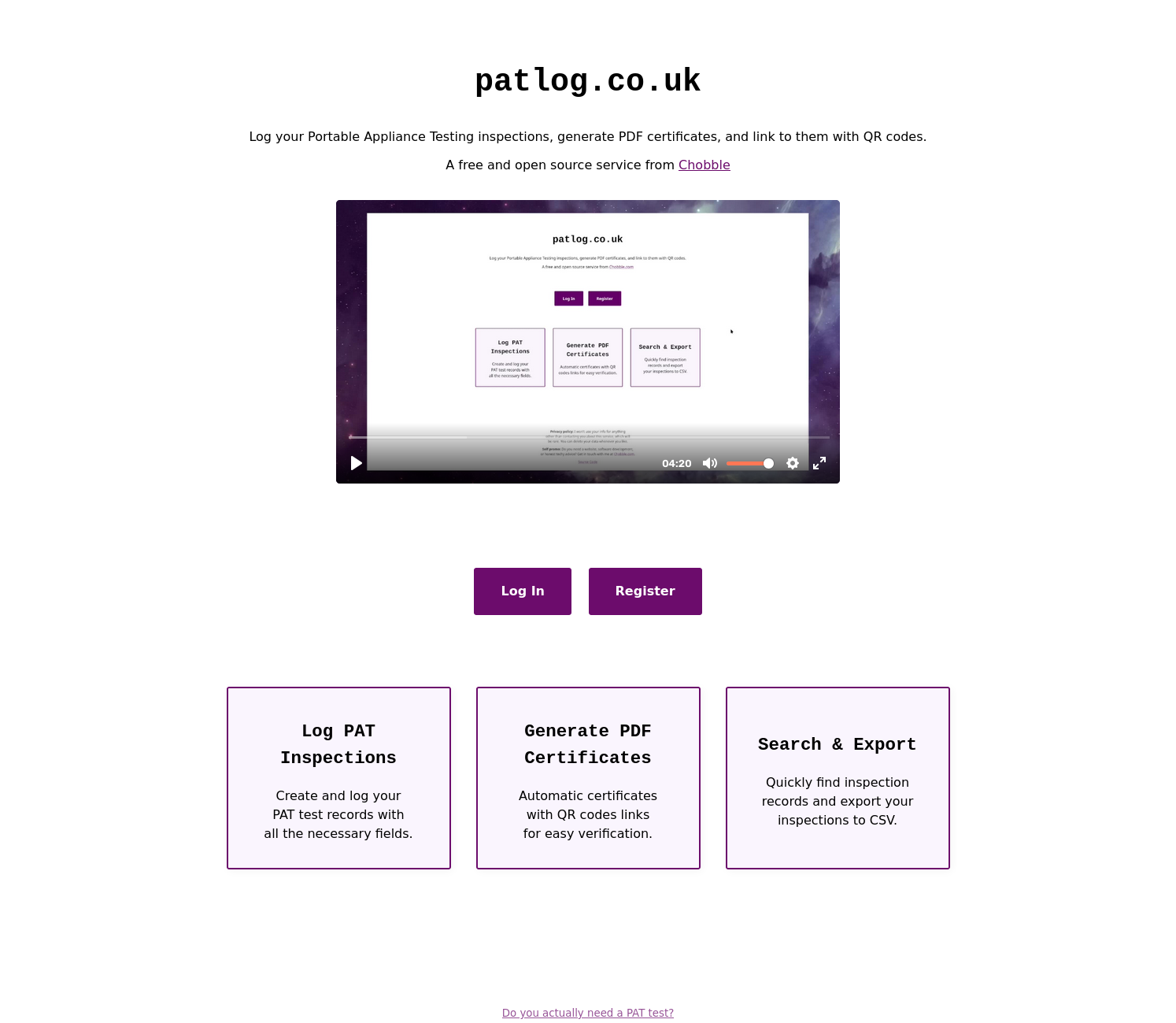The figures show that 32% of technology and IT businesses in the North West – 4,216 companies – are at risk of failing within the next 12 months, the highest proportion of any of the main industry sectors.
By comparison, amongst pubs and restaurants which are traditionally regarded as distressed industries, 28% of businesses are at risk while in transport and haulage, the proportion is 23%. The figures are compiled using Bureau van Dijk’s Fame Database.
Paul Barber, deputy chair of R3 in the North West, said: “We are seeing many exciting developments in the digital arena and it is an area with potential to boost economic growth. While we may not be heading for another tech bubble, we need to recognise that many of these businesses are vulnerable. If we are to develop a strong digital sector, we need to identify the challenges they face and find ways to overcome them.”
Speaking at an event organised by pro-manchester and R3, Katie Gallagher, Managing Director of Manchester Digital, said Manchester was recognised as second only to London for digital industries and the city aimed to be in the global top 20 by 2020.
Skills shortages and lack of funding were amongst the key challenges, as well as lack of business skills. “The sector is dominated by small business with less than 10 employees, often run by young CEOs with excellent technology skills but little business experience,” she said.
Doug Stellman of Enterprise Ventures, an experienced technology investor, agreed that there was still funding gaps for start-up technology businesses, but he added: “The key challenge remains turning an idea into a profitable business. Often companies have initial success but fail to ‘cross the chasm’ and become a bigger business.”
Charles MacMillan, an insolvency partner with Beever & Struthers, said many tech entrepreneurs were over-optimistic and failed to factor in the full costs of development or assess the competition.
He urged start-ups to have a proper business plan and to protect their intellectual property within a separate company structure. “Often where tech companies fail, the assets end up in the hands of big companies. If the patents are in a separate company, they at least have something to bargain with.”








